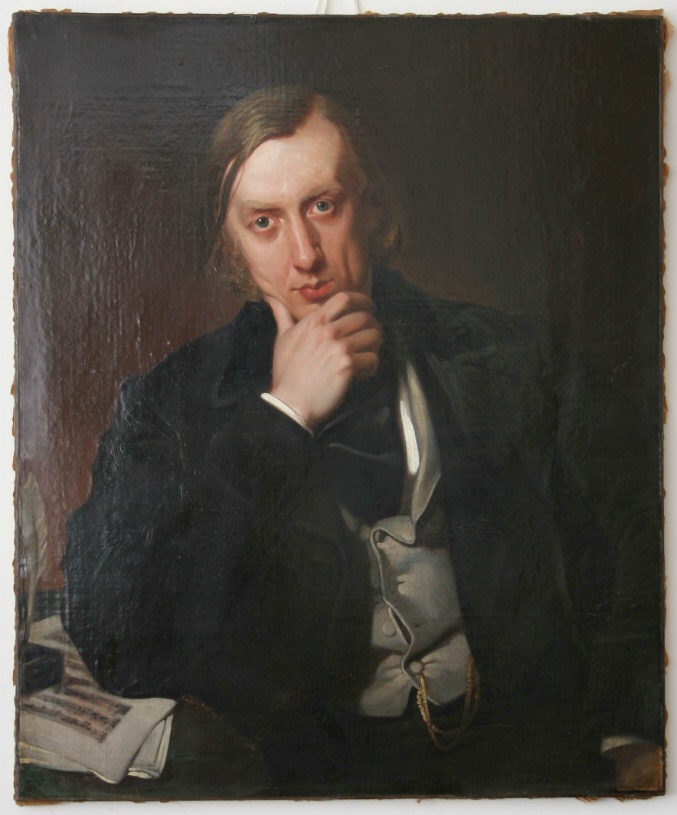The life and musical legacy of Sir Charles Halle are celebrated through an exhibition of archive items being held in Central Library’s Reading Room.
A display case has been dedicated to some of Halle’s many letters and ledgers, in honour of the 120th anniversary of the great conductor and pianist’s death on 25 October 1895.
Halle performed in Manchester for 35 years and also founded the first royal college of music outside of London – with both the Halle Orchestra and the Royal Northern College of Music continuing to this day.
Rarely seen items from the Halle’s archives are joined in the display case by artefacts from the RNCM and the Henry Watson Music Library, which is housed within Central Library.
Letters revealing Halle’s vision for a college, originally named the Royal Manchester College of Music, are displayed, alongside a concert programme for a performance held shortly after Halle suddenly and unexpectedly died having suffered a stroke.
Eleanor Roberts, Deputy Director of Development and Archivist for the Halle Concerts Society, said: “At the time of his death, Halle had already organised the 1895-6 season at the Free Trade Hall and had begun rehearsals for the first performance with his orchestra.
“His friends decided that the concerts should go ahead as planned, with the addition of a memorial piece.”
Eleanor added: “Halle was a hugely significant figure in the history of Manchester music. As a result of his life’s work, we have two great institutions in the city – the Halle Orchestra and the RNCM – which are important for Manchester, the country and beyond.”
Strong links still exist between the two institutions, including the String Leadership scheme, through which RNCM students are able to gain professional experience with the Halle.
Heather Roberts, archivist for the RNCM, said: “The RNCM is only here today because of Halle. He really pushed for musical education to be made available outside of London and was determined to create the first royal conservatoire outside the capital.”
Halle believed that music should be accessible to ordinary working people and insisted on making concert tickets available for one shilling.
He was also a champion of new music and introduced the work of many then modern artists, including the great French composer Hector Berlioz, to Manchester audiences.







